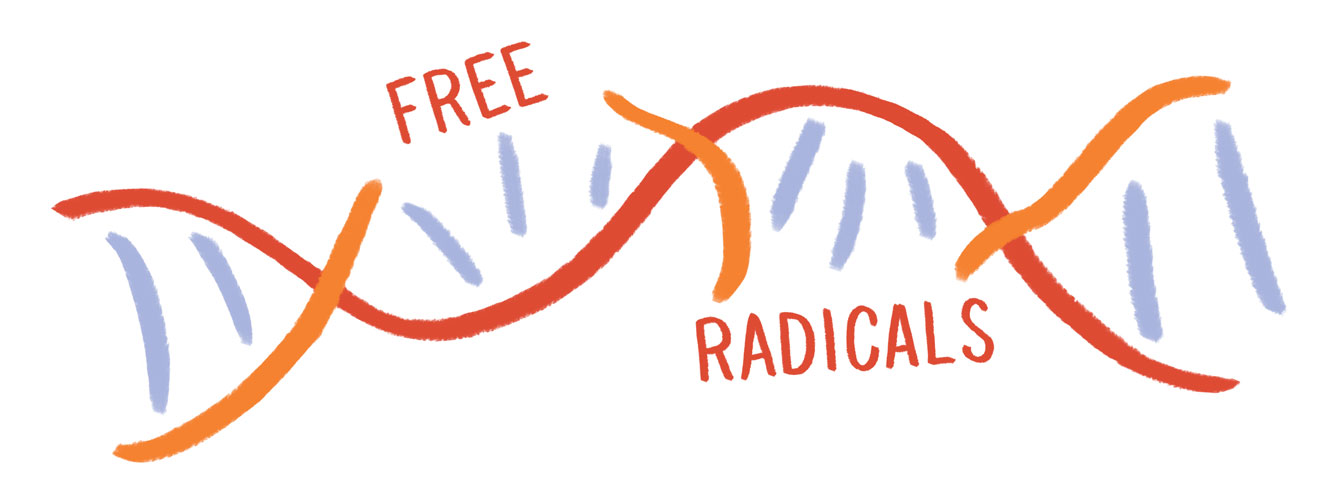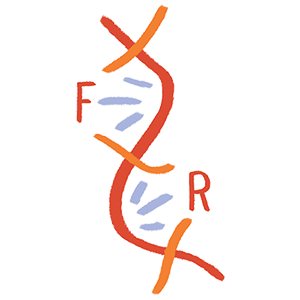
Zine-troduction
Typical career fair advice looks something like this: put on a blazer, print copies of your resume, practice handshakes. But do these tips really prepare you to enter a room full of representatives for companies that often design drones and surveillance systems, maintain toxic working conditions, and gentrify and displace Black and brown communities?
This zine was created by a group of undergraduate STEM majors at the Claremont Colleges – Pomona (PO), Claremont McKenna (CMC), Harvey Mudd (HMC), Scripps (SCR), and Pitzer (PZ) – questioning and reimagining our relationships to the tech industry. We distributed print copies outside of the Spring career fair at Harvey Mudd College in February 2020, hoping to encourage reflection about both the specific companies that came to recruit and the tech industry as a whole.
These questions take on new relevance amidst the COVID-19 pandemic, in which science and technology companies have positioned themselves as saviors—from vaccine development to contact tracing apps. We hope that this guide sparks critical conversations about the tech world with not only job recruiters, but also friends, family, colleagues, professors, and anyone else. Everyone is affected by technology’s role in our lives, and we all play a role in transforming it!
Note: After creating this zine it came to our attention that one of the authors we cite, Isaac Asimov, was a known perpetrator of sexual harassment and abuse. We want to acknowledge this history and provide a warning that pages 13-14 (the 7th spread) heavily feature his work.
Mudd’s Declassified Career Survival Guide






![Page 11 questions = [ "Am I doing what I want to be doing?", "Is what I am doing 'good'?", "How is my definition of 'good' informed by my environment?", "Does this work give back to the communities that have given to me?", "Can I be my most authentic self when doing this work?", "Do I know all of the potential repercussions of my work?" ] Page 12 """before you take points off for this function, think about how you would change and/or improve it. Can we trust computers to handle the subjective, difficult task of human decision making?""" def askyourself(organism, questions): while organism.status: #if you're still breathing answers = [] for i in range(len(questions)): print(questions[i]) try: answers[i] =bool(input(questions[i])) #answer each question except TypeError: #are all of the answers going to be booleans? print("Sorry, not every question can be answered with a yes or no") #and then it starts all over again... askyourself (you, questions)](https://i0.wp.com/freerads.org/wp-content/uploads/2021/03/zine_final_spread7.jpg?resize=676%2C522&ssl=1)













